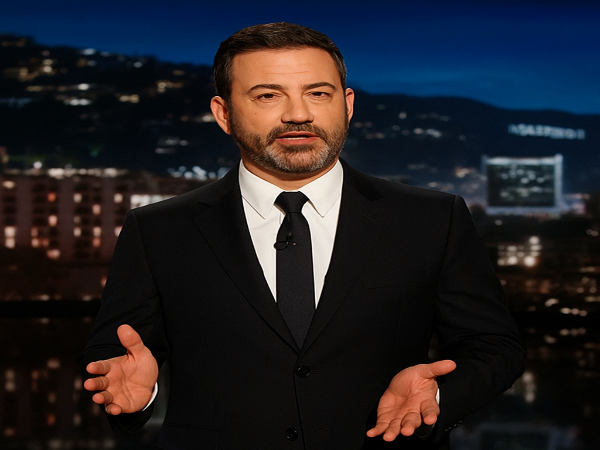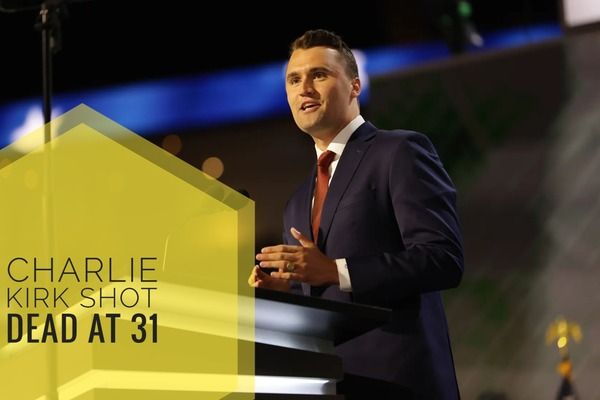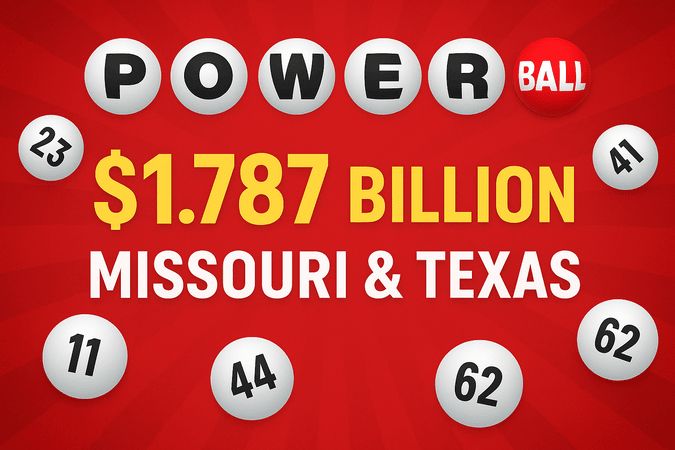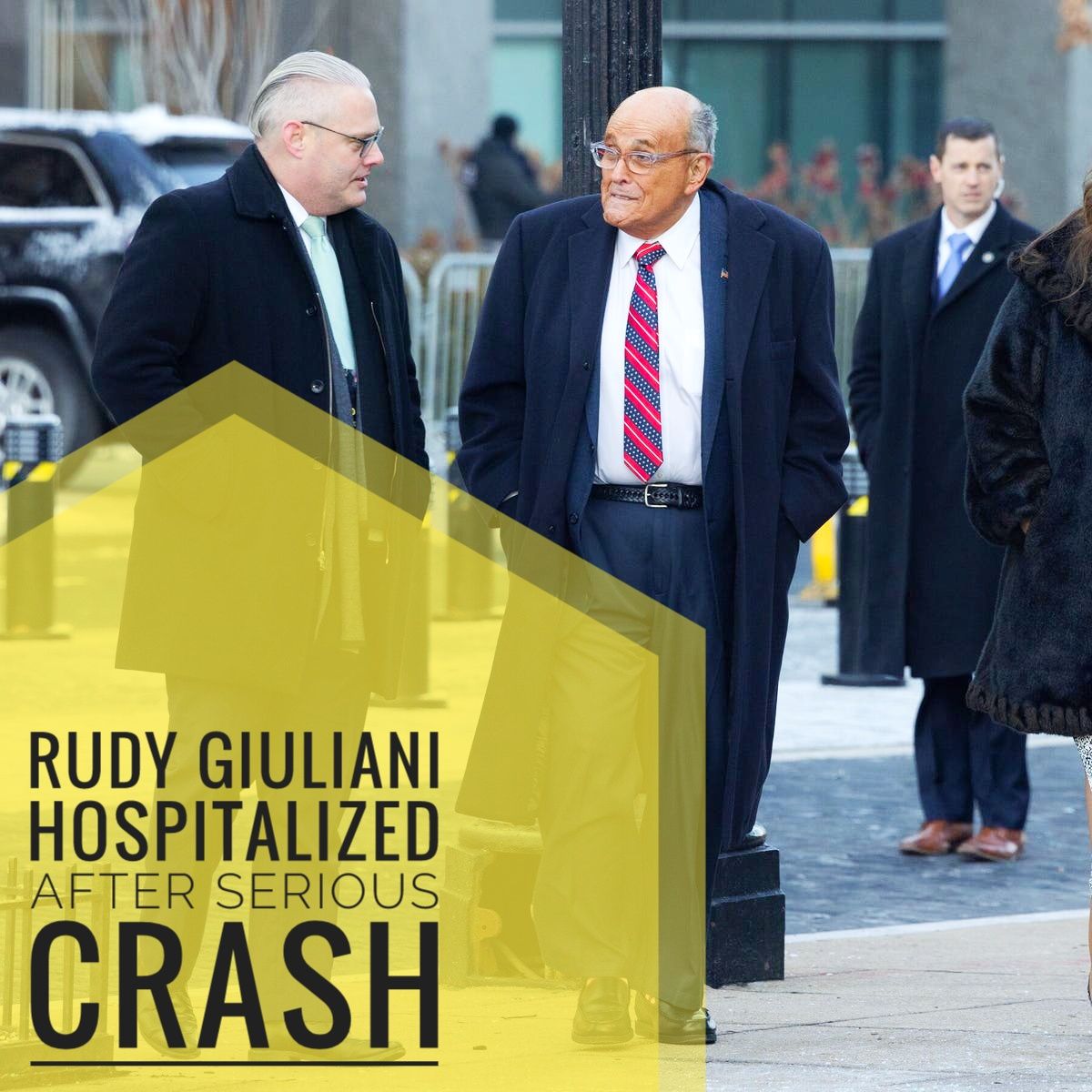The aftermath of Charlie Kirk’s tragic death has taken an unexpected turn, with late-night host Jimmy Kimmel facing serious backlash for comments made during his Monday evening monologue. His remarks, which touched on the political leanings of the alleged killer, have now led to his show being pulled from multiple broadcasters, criticism from federal regulators, and heated debate about free speech and media responsibility.

The Tragic Death of Charlie Kirk
Charlie Kirk, the founder of conservative student organization Turning Point USA, was killed on September 10, 2025, while attending a student event at Utah Valley University. Police quickly arrested Tyler Robinson, a 22-year-old suspect, and charged him with aggravated murder.
At the time of writing, Robinson’s political views remain unclear. While some outlets suggested he leaned left, others have highlighted that no conclusive evidence has emerged regarding his ideology or motives.
What Jimmy Kimmel Said
During his Monday night monologue, Jimmy Kimmel addressed the tragedy but also criticized the political reaction from conservatives. He suggested that MAGA supporters were trying to frame Robinson as anything but one of their own.
Kimmel specifically said:
> “The MAGA Gang [is] desperately trying to characterize this kid who murdered Charlie Kirk as anything other than one of them and doing everything they can to score political points from it.”
The implication—that Robinson could have been a pro-Trump Republican—sparked outrage among Trump supporters and conservative leaders, who argued that Kimmel was spreading misinformation during a sensitive national moment.
Broadcasters Respond Swiftly
The strongest response came from Nexstar Communications Group, one of the largest TV station operators in the country. Nexstar called Kimmel’s comments “offensive and insensitive at a critical time in our national political discourse” and announced that they would stop airing Jimmy Kimmel Live! indefinitely on their ABC-affiliated stations.
ABC later confirmed that the show had been suspended from its schedule, while other operators like Sinclair Broadcast Group also preempted the program, replacing it with alternative content, including tributes to Kirk.
The FCC Weighs In
The controversy quickly reached Washington. Brendan Carr, Chairman of the Federal Communications Commission (FCC) and a Trump appointee, strongly condemned Kimmel’s remarks. He labeled them “truly sick” and accused Disney, ABC, and Kimmel of misleading the public.
Carr also warned that the FCC could consider regulatory action, including fines or even license reviews for local affiliates, if similar conduct continued. This intervention by the media regulator raised concerns about government influence over broadcast commentary and the limits of free speech on the airwaves.
Political Reaction
Supporters of former President Donald Trump praised Nexstar’s decision to pull the show. A White House deputy chief of staff even called it an example of “consequence culture”—a direct shot at the entertainment industry’s frequent use of the term “cancel culture.”
On the other hand, many Democrats and free speech advocates criticized the suspension. They argued that opinion commentary, however controversial, should not be grounds for government regulators to pressure broadcasters. Critics worry that the FCC’s aggressive stance could set a dangerous precedent for political interference in media.
The Bigger Questions
This clash highlights several broader issues:
- Unclear motives: At this point, there is still no confirmed evidence about Robinson’s political affiliation. Kimmel’s speculation may have been premature, but critics argue that broadcasters should avoid drawing conclusions in such sensitive situations.
- Free speech vs. responsibility: Should a late-night host be free to speculate about a breaking tragedy, or should they be held to the same standards as traditional news outlets?
- Regulatory power: The FCC’s involvement has sparked concerns about whether political appointees should wield influence over what can and cannot be said on television
Jimmy Kimmel’s comments about Charlie Kirk’s death have ignited a firestorm, pulling together broadcasters, regulators, and politicians into a larger battle over speech and accountability.
For many conservatives, his remarks crossed the line, politicizing a tragedy and unfairly blaming their movement. For others, the bigger concern is how quickly regulators and broadcasters moved to silence a comedian’s commentary—raising questions about censorship and political overreach.




